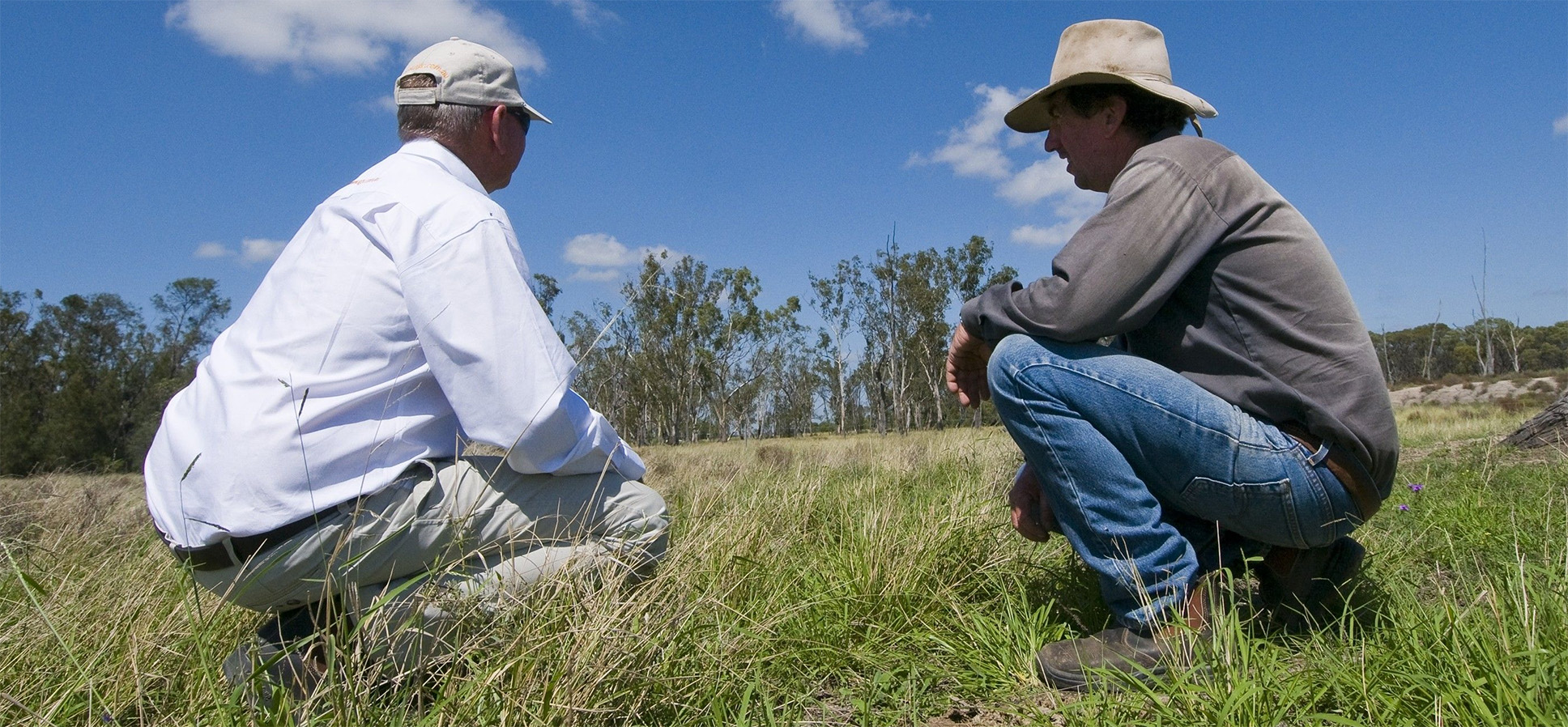30 Sep 2019

This month explore speaks to Queensland’s Land Access Ombudsman (LAO) Jane Pires about the important role of the agency to offer free, fair and impartial dispute resolution services for resource companies and landholders.
explore: Please outline a brief history of the Land Access Ombudsman and its independent role in Queensland?
Jane Pires: The Office of the Land Access Ombudsman is reasonably new, and has been offering free, fair and impartial dispute resolution services for disputes between resource companies and landholders in Queensland since September 2018. We were introduced in response to a need for an independent, cost-effective alternative to formal (and often costly) legal proceedings or government conferences. From our unique viewpoint, we’re also tasked with identifying systemic issues in the land access space and reporting them to government and industry to ultimately improve land access interactions and promote coexistence.
e: What are the challenges facing land access and land-holder engagement?
JP: Common issues and challenges we’ve seen include either party’s operations being disrupted by the other, disagreements over access, damaged property, biosecurity concerns and both sides feeling disrespected by the other. Ultimately, most of these issues come down to understanding and communication, both with the landholder and with your staff and contractors. Conflicts can be avoided if the landholder is guided through the process and your intentions in advance, have the chance to ask questions and give input, knows who will be on their property and when, is updated when things change, and who to contact (and that they’ll be heard) if there are any issues.
Likewise, ensure your team and any subcontractors are well educated on the requirements of your agreement – for example, weed concerns and washdown compliance, the condition the property needs to be left in, notifying the landholder of when they’ll enter and leave the property. It may take more time initially, but putting in the foundations for forming effective working relationships can save time and costs down the track, and it’s never too late to start.
e: What support and services can you provide to oil and gas producers?
JP: We provide our dispute resolution services if you’re in a dispute with a landholder over an alleged breach of the conditions of a Conduct and Compensation Agreement or Make Good Agreement (e.g. restricting access or otherwise obstructing operations), and have already made a reasonable attempt to sort it out. Being impartial, we’re also here to hear your experiences if it happens to be the landholder bringing the dispute to us. Depending on the issues, we’ll gather as much information as we can (including a site visit if needed) and provide practical recommendations on how to resolve the problem.
Our end goal is always to preserve or rebuild an amicable, productive relationship – you’re in this agreement for a long time – so we might stay in touch to ensure either party follows through on any agreed actions. In addition to being free, we endeavour to keep things moving as quickly and efficiently as possible, resulting in lower time and resource costs than a more complicated legal route would attract (although this doesn’t stop you from proceeding to court or alternative dispute resolution if you need to down the track – our decisions and recommendations can be considered as evidence). We can also provide an LAO team member to meet with your team to discuss our services, how we fit in the land access landscape, and assist in onboarding new staff.
e: How can resource companies access your free services in Queensland?
JP: You can call us on 1800 717 500, email [email protected] or complete an online form at www.lao.org.au. Before doing so, we recommend having all supporting documentation ready – a copy of your agreement, communications showing you’ve made an attempt to resolve the dispute yourself, and any photos or other documents that may help. Even if you’re not sure if we can help, please get in touch and we’ll let you know, or try to point you to the people who can.
LAO useful links:

